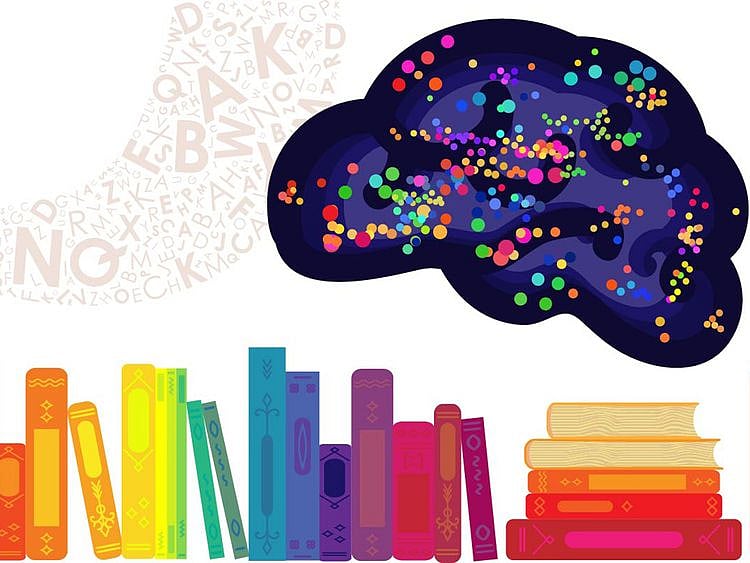Study: How growing up in a bilingual home affects your child's brain
Speaking two languages as a child can have unexpected benefits later in life

Do you or your spouse speak more than one language? It could pay dividends to speak them around your kids if so, according to new research. People who grew up speaking two different languages can shift their attention between different tasks quicker than those who pick up a second language later in life, a new study suggests.
The study, published in the journal Scientific Reports, found that growing up in a bilingual home can provide unexpected cognitive benefits later in life.
"The findings from our new research with bilingual adults suggest that some of these adaptations, including being quicker at shifting attention, are maintained into adulthood," said researcher Dean D'Souza of Anglia Ruskin University (ARU) in the UK.
The long-term benefits of bilingualism
For the study, the team involved 127 adults in two separate experiments.
The first involved watching pictures on a screen, with one picture gradually changing and the other remaining the same. Early bilinguals noticed these changes much faster than late bilinguals.
The second experiment found that early bilinguals were better at controlling their attention. Specifically, they were quicker at disengaging attention from one picture in order to shift their focus to another.
How a bilingual home affects infants
The team found that infants raised in bilingual homes adapt to their more varied and unpredictable language environment by shifting their visual attention faster and more frequently.
The findings of this new study suggest that these adaptations acquired as bilingual infants continue into adulthood, the team said.
"This study is an exciting extension of our previous research, which suggested that infants raised in bilingual homes adapt to their more complex language environments by switching attention faster and more frequently," D'Souza said.
"This adaptation may help them to take advantage of multiple sources of visual information, such as mouth movements, facial expressions and subtle gestures, ultimately helping them to learn multiple languages," D'Souza added.
Network Links
GN StoreDownload our app
© Al Nisr Publishing LLC 2026. All rights reserved.